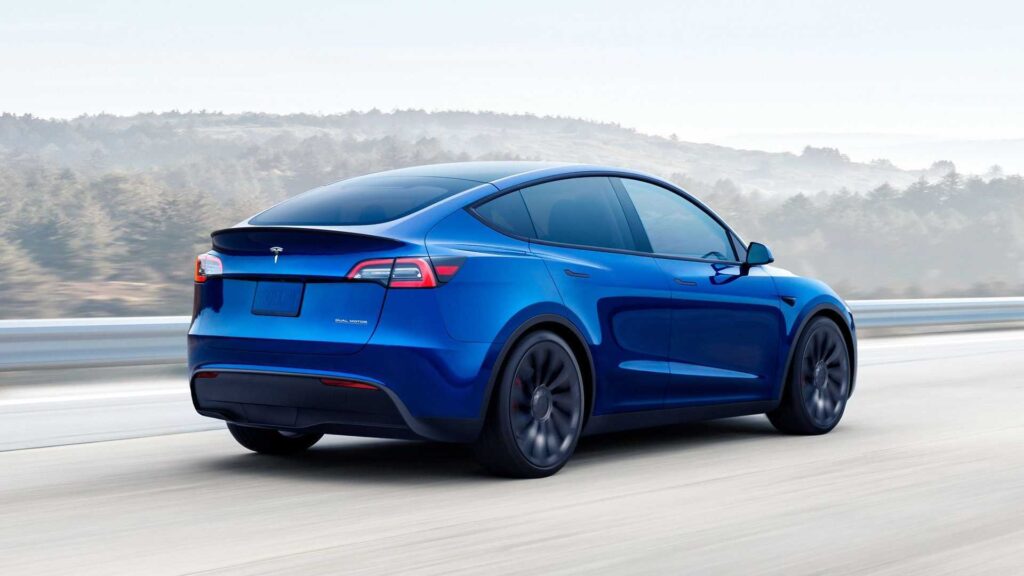The year 2024 brought significant changes to the federal tax credit for electric vehicles and plug-in hybrids, with new restrictions aimed at vehicles with battery components sourced from China. This change has narrowed down the list of eligible vehicles for the tax credit, making it essential for buyers to know which cars qualify.
One of the key changes is that any vehicle with battery components from a “foreign entity of concern” will no longer be eligible for the tax credit. This rule primarily targets China, a major player in the battery supply chain. As a result, many popular electric vehicles are excluded from the list of qualifying cars.
However, there are still several models that are eligible for the tax credit in 2024. These include vehicles from automakers like Acura, Cadillac, Chevrolet, Ford, Honda, Nissan, Rivian, Tesla, and Volkswagen. The tax credit amount varies, with a maximum of $7,500 for most vehicles and an MSRP limit of $80,000.
In addition to electric vehicles, there is also a list of qualifying plug-in hybrids, including models from Audi, Chrysler, Ford, Jeep, and Lincoln. These vehicles offer a tax credit of up to $7,500, with an MSRP limit of $80,000.
It’s worth noting that leasing still qualifies for the full tax credit regardless of where the car was manufactured. This loophole has benefited foreign manufacturers like Kia and Hyundai. Furthermore, the tax credits now apply at the point of sale, providing an instant price reduction for buyers.
Despite the restrictions, the popularity of the tax credit remains high, with over $1 billion in incentives already distributed for around 150,000 car purchases this year. As automakers adjust their supply chains to comply with the new rules, more vehicles are expected to become eligible for the tax credit in the future.
Overall, while the list of eligible vehicles has become smaller and more selective, the tax credit still plays a significant role in making electric vehicles more accessible to consumers. Stay updated on the latest news and changes to ensure you make an informed decision when purchasing an electric vehicle or plug-in hybrid in 2024.

